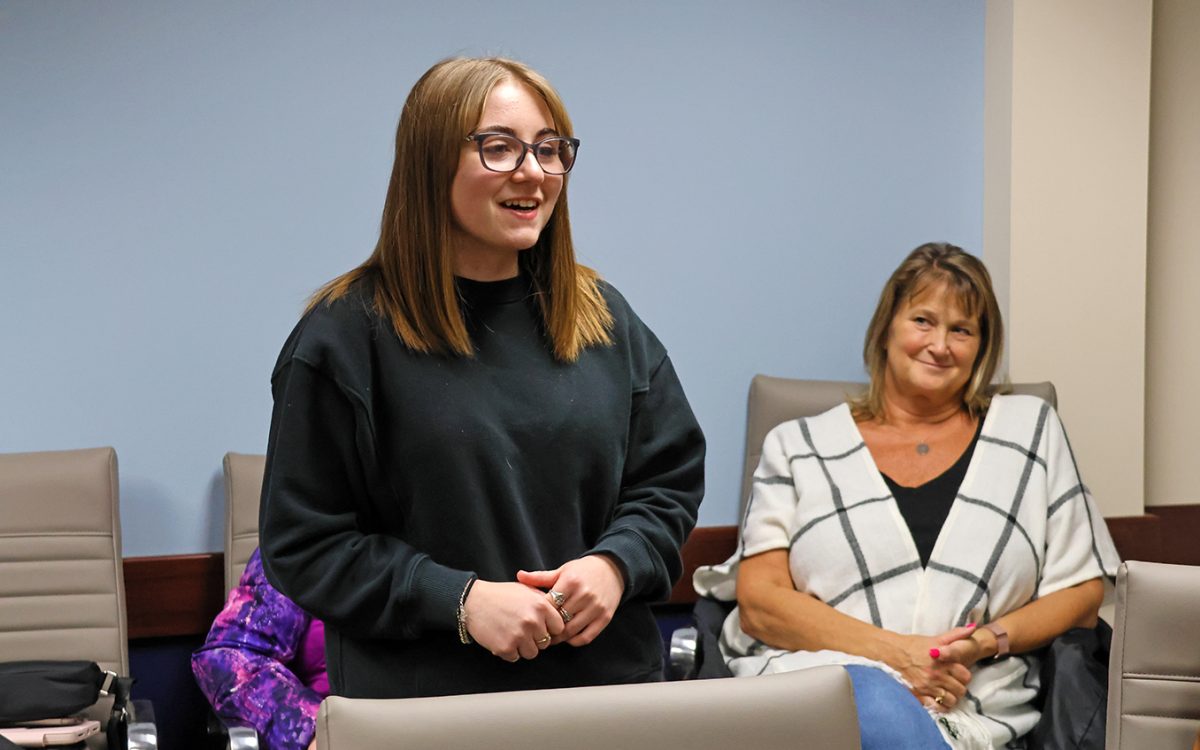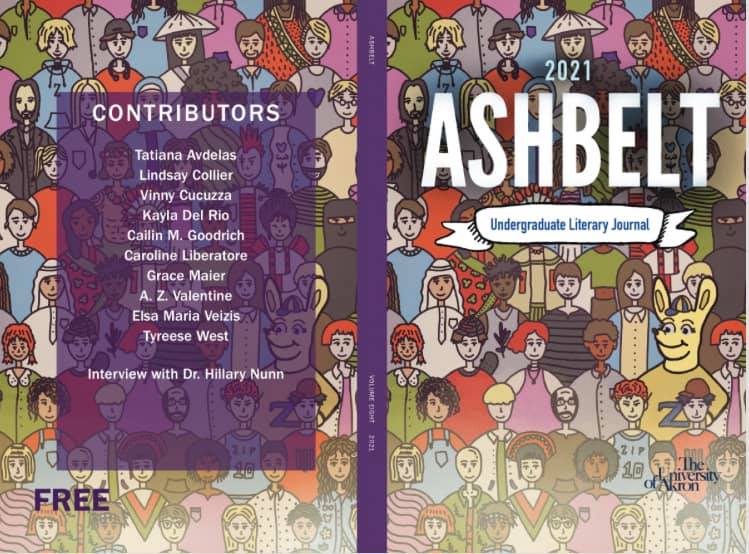On Aug. 24, 2023, student advocates from the Ohio Student Association (OSA) released a groundbreaking report on race in higher education, the Ohio Black Student Equity Report. The report is the most comprehensive study to date of Black university student experiences and needs in Ohio.
The full report can be accessed here: bit.ly/ohioblackstudentequityreport.
For a recording of Aug. 24, 2023, press conference, you can view the link here.
The report is based on interviews with 361 students, covering 9 public, 4-year universities and 3 private universities in Ohio. Students were surveyed on their experiences with financial aid, campus policing, and a host of other campus and state issues. The top five universities where students participated in the survey were Central State, Ohio State, Kent State, Cleveland State, and Wilberforce.
OSA produced the report in collaboration with education scholars Everrett A. Smith, PhD, of the University of Cincinnati, and Antar A. Tichavakunda, PhD, of the University of California–Santa Barbara.
The report seeks to drive more equitable policymaking for Black students by assessing students’ direct experiences. The authors cite two recent policy developments that underscore the report’s urgency: the US Supreme Court’s rejection of affirmative action in college admissions; and the introduction of Ohio Senate Bill 83, which would curtail diversity, equity, and inclusion programs as well as student and faculty speech on racial equity issues.
“My scholarship, awarded for my high school activism, was endangered by an aggressive ‘anti-critical race’ bill, SB 83. The silence from administrators only added to my confusion and anxiety, as I frantically searched for answers regarding the implications of the bill on my education. Similarly, the report highlights that Black students harbor the same apprehension about financial aid. Adding to this, the majority of us are uncertain about how Anti-CRT bills might affect our higher education experience. This report is a tool that can empower us to address issues that have long plagued our schools and society,” said Brielle Shorter, a sophomore at Ohio State and OSA member.
“This inaugural report and its findings reconfirm that Ohio’s colleges and universities have an opportunity to improve how they prioritize Black college students and ensure that their experiences are safe, equitable, and representative of the campus climates they proclaim to strive to create. Studying the experiences of Black college students is critical for student success, student engagement, and the well-being of higher education institutions,” said Dr. Everrett A. Smith, Assistant Professor of Higher Education at the University of Cincinnati and a report co-author.
The picture for Black students in stark: In Ohio, 19% of Black adults have a bachelor’s degree, compared to 31% of white adults. These figures mirror national trends and help drive racial disparities in income and wealth. Meanwhile, the state’s biggest campus, Ohio State, reported the most hate crimes per capita in the Big 10 Conference.
Among the report’s findings on financial aid: 60% of Black students have worried about their enrollment at some point because of financial aid or money concerns, and 35% reported not receiving help from their institution to understand their aid packages. The vast majority, 84%, agreed that student loan debt should be canceled.
Asked about campus policing, 17% reported having had a negative interaction with police, and 32% reported not feeling safer with police presence.
The authors offer four recommendations for Ohio policymakers:
- Invest in a statewide collaborative, beginning with a convening of community organizations, institutions of higher education in Ohio, advocacy organizations such as OSA, and faculty with expertise and interest in supporting Black collegians.
- Reconsider the role of campus police.
- Offer more grant opportunities for Black students or opportunities for loan debt to be forgiven.
- Challenge anti-DEI legislation and ensure all students are informed of this legislation.
OSA is a statewide, grassroots organization led by young people and anchored by student-led chapters on college campuses across the state. Since 2012, the organization has been a voice for Black students and their communities—organizing to combat racial injustice, inaccessible higher education, police brutality, and inhumane jail conditions, among other issues.
***Correction: For the Ohio Black Student Equity Report, students from 12 universities were surveyed (not 13). Please refer to the updated final report here: tinyurl.com/OBSER2023. A list of universities covered by the report can be accessed here: tinyurl.com/OBSER-SurveyUniversities.



















